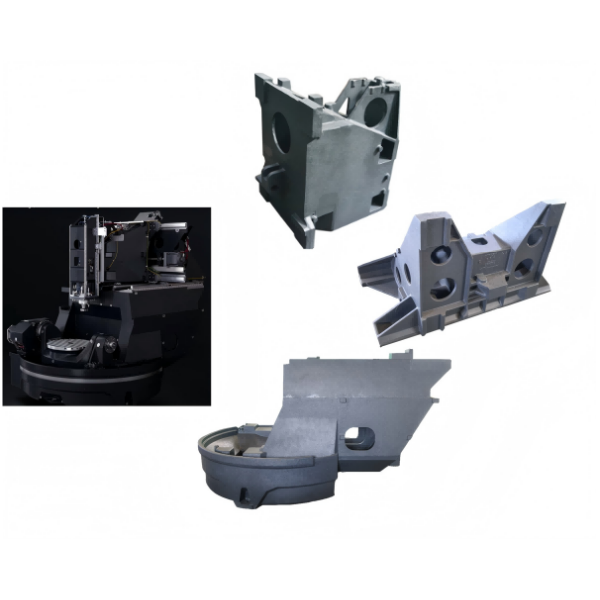Starting a business can be one of the most rewarding yet challenging endeavors an individual can undertake. With countless options available, the question arises: how to figure out what business to start? This article delves into a structured approach to identifying the right business opportunity tailored to your skills, interests, and market demands.
- Self-Assessment: Understanding Your Strengths and Passions
Before diving into market research or business models, it’s crucial to conduct a thorough self-assessment. This involves evaluating your skills, interests, and experiences.
- Skills Inventory: List your professional skills and personal talents. Are you proficient in digital marketing, graphic design, coding, or perhaps culinary arts? Understanding what you excel at can help narrow down potential business ideas.
- Passion Projects: Reflect on what excites you. A business aligned with your passions is more likely to sustain your motivation during challenging times. Consider hobbies or activities that you would enjoy turning into a business.
- Experience and Knowledge: Leverage your professional background. Industries where you have experience can provide a competitive edge, as you are likely to have insights that newcomers may lack.
- Market Research: Identifying Opportunities and Gaps
Once you have a clearer understanding of your strengths and passions, the next step is to conduct market research. This will help you identify viable business opportunities and gaps in the market.
- Industry Trends: Stay informed about current trends in various industries. Utilize resources such as industry reports, market analysis, and news articles to identify growing sectors. For instance, the rise of remote work has led to increased demand for home office products and services.
- Target Audience Analysis: Understand who your potential customers are. Conduct surveys, interviews, or focus groups to gather insights about their needs and preferences. This information can guide you in tailoring your business idea to meet market demands.
- Competitive Analysis: Analyze existing businesses in your area of interest. Identify their strengths and weaknesses, and look for opportunities to differentiate your offering. Tools like SWOT analysis (Strengths, Weaknesses, Opportunities, Threats) can be particularly useful in this phase.
- Ideation: Brainstorming Business Concepts
With a solid understanding of your strengths and market opportunities, it’s time to brainstorm potential business ideas.
- Mind Mapping: Create a mind map to visualize connections between your skills, passions, and market needs. This technique can help generate innovative ideas that you may not have considered initially.
- Problem-Solving Approach: Focus on solving specific problems that your target audience faces. Businesses that address real pain points tend to resonate more with customers. For example, if you notice a lack of healthy meal options in your area, a meal prep service could be a viable business idea.
- Validation: Once you have a list of potential ideas, validate them through preliminary research. Engage with potential customers to gauge their interest and willingness to pay for your product or service.
- Feasibility Assessment: Evaluating Your Business Ideas
After generating a list of potential business concepts, it’s essential to assess their feasibility.
- Financial Viability: Estimate the startup costs and potential revenue streams for each idea. Consider factors such as initial investment, operating expenses, and pricing strategies. A business plan can help outline these financial projections.
- Legal Considerations: Research the legal requirements for starting a business in your chosen field. This may include permits, licenses, and regulations that could impact your operations.
- Scalability: Evaluate whether your business idea has the potential for growth. A scalable business model can lead to increased revenue without a proportional increase in costs.
- Decision-Making: Choosing Your Path Forward
With a comprehensive understanding of your strengths, market opportunities, and the feasibility of your ideas, it’s time to make a decision.
- Prioritization: Rank your business ideas based on factors such as passion, market demand, and financial viability. This can help you focus on the most promising options.
- Seek Feedback: Discuss your top ideas with trusted mentors, peers, or potential customers. Their insights can provide valuable perspectives and help you refine your concept.
- Commitment: Once you’ve made your choice, commit to your business idea. Develop a detailed business plan outlining your vision, goals, and strategies for success.
Conclusion: The Journey Ahead
Figuring out what business to start is a multifaceted process that requires introspection, research, and strategic planning. By following the steps outlined in this guide, you can identify a business opportunity that aligns with your skills and passions while meeting market demands. Remember, the entrepreneurial journey is not just about finding the right idea; it’s about persistence, adaptability, and a willingness to learn. Embrace the challenges ahead, and you may find that the path to entrepreneurship is as rewarding as the destination itself.





